Bachelor of ScienceNeuroscienceCollege of Arts and Sciences
The science behind behavior
Neuroscience is an interdisciplinary field that combines psychology, biology, and other related disciplines to provide a comprehensive understanding of how the brain works. The Bachelor of Science in Neuroscience program at Edgewood University fosters a deep understanding of the nervous system at all levels – from molecules to systems to behavior. An undergraduate degree in neuroscience provides a foundation for a variety of career paths and prepares students for post-graduate programs in research, medicine, and healthcare. Students will explore and uncover the relationship between the brain and behavior through engaging and thought-provoking curriculum.
With our low faculty to student ratio, you will develop close professional relationships with your faculty mentors and peers. Neuroscience courses can be customized based on your personal interests and professional goals. You will have access to unique opportunities to step out of the classroom and get involved in research and projects that are faculty guided. Examine the complex functions, interactions, and emergence of cognitive functions through laboratory, written, oral, and scientific evaluation of research. All of these highly engaging experiences culminate in preparing you for professional success.
Emphasis Offered
There are two emphasis that are offered within the Bachelor of Science in Neuroscience degree: Training Emphasis and General Emphasis
Students who are interested in pursuing jobs or post-baccalaureate programs in health science, medicine, and graduate neuroscience will complete prerequisites for these programs.
Students who are interested in pursuing jobs or post-baccalaureate programs in health science, behavioral research, or behavioral health will be prepared for these programs.
Madison, WI
On-campus
120
January 20, 2026
Careers within Neuroscience
$51,430
Average annual salary for a Biological Technician
A bachelor’s degree in neuroscience prepares you for a variety of career paths. Those marked with an asterisk (*) require graduate level degree.
- Audiologist*
- Biomedical researcher
- Behavioral health technician
- Behavioral research
- Clinical psychologist*
- Clinical neuropsychologist*
- Clinical laboratory scientist
- Dentist*
- Medical doctor*
- Occupational therapist*
- Optometrist*
- Pharmacist*
- Physician’s assistant*
- Speech language therapist (pathologist)*
Neuroscience by the Numbers
11:1
Student to faculty ratio
90%
Job placement rate after graduation
Neuroscience Student Spotlight

Charlotte Gorrill ’24
Bachelor of Science in Neuroscience; Double Major in Psychology
“I love the Neuroscience program at Edgewood University. I have found it to be meticulously crafted, taught by professors that have expertise in a variety of areas, allowing me to understand various perspectives of this field. The variety of classes offered encourages students to pursue their natural strengths and abilities, creating passionate Neuroscience students with a vested interest in the field. Beyond this, having faculty that encourages growth, research and pursuit of knowledge, fosters a classroom environment of engaged learners.”
Featured Courses
Neuroscience 400 Special Topics in Neuroscience
This course will involve in-depth exploration of a topic in neuroscience. Students will read empirical literature within a particular body of research and discuss the findings and implications in a seminar setting. The topic will be determined by the instructor and will differ based on the semester. Students will learn to critically analyze and discuss research within the broader context of current understanding in the field.
Psychology/ Biology 445 Biological Psychology
This course examines the relationship between the functions of the central nervous system and behavior. Topics include basic structure and function of brain cells, and the physiological mechanisms of sensory perception, motor coordination, sleep, memory, language, aggression, anxiety, schizophrenia, and depression.
Psychology/ Psycology 490 Neural Science
The goal of this course is to explore the fundamentals of neuroscience research. By reading classic academic articles in the field and current research, students will be able to follow the historical evolution of neuroscience research through to its evolving present state. We will build upon the knowledge of basic cellular mechanisms from BIO 151 and basic neuroscience from PSY 445. We will explore complex cellular mechanisms, functional and structural brain connectivity, network activation, and related behavioral correlates. We will gain expertise in many basic neuroscientific methods by testing hypotheses using neural network models, neuron and brain simulation software, neuro-imaging data analysis and connectivity software, and physiological data collection.
Neuroscience Experiences
Neuroscience majors can enhance their professional development through either field-based or research-based internships. During field-based internships, students gain practical experience in community organization, applying neuroscience concepts in clinical, laboratory, or medical environments. This includes placements in settings such as inpatient psychiatric clinics or hospital memory care units. Research-based internships entail student-led projects investigating various aspects of neuroscience, including human and animal behavior, molecular neuroscience, and toxicological studies. These projects are designed and executed independently, allowing students to delve deeper into their independent research projects designed and implemented by students examining human behavior and physiology, animal behavior, molecular, and toxicological neuroscience studies.
Neuroscience Faculty Spotlights
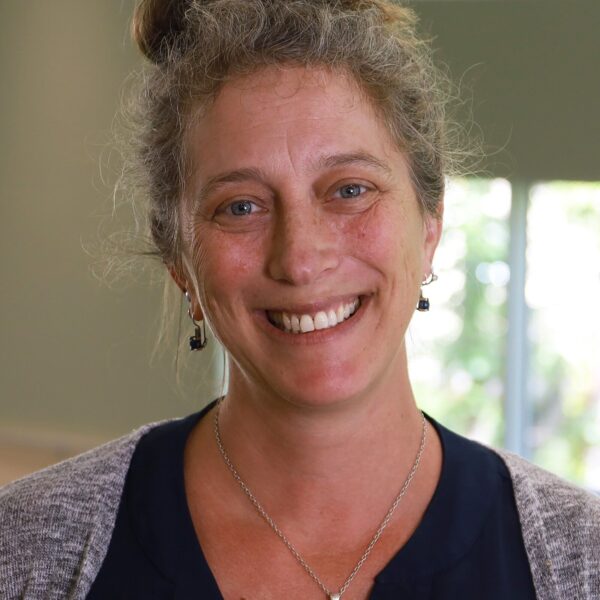
Ferrinne Spector
Associate Professor
FSpector@edgewood.edu
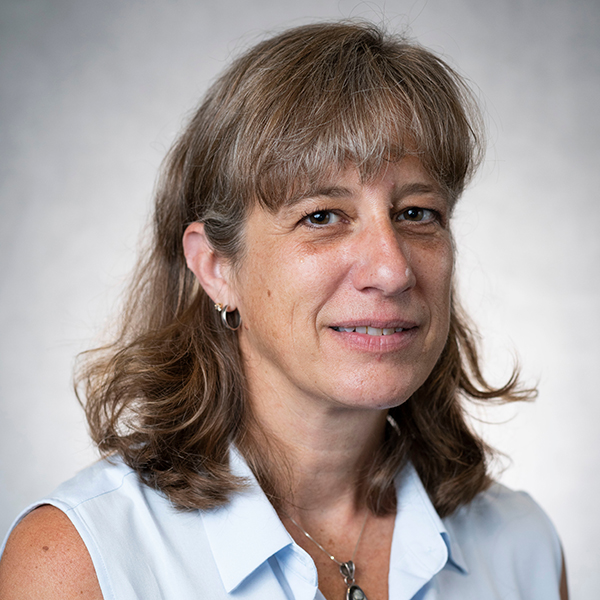
Nicole Kime
Professor
NKime@edgewood.edu
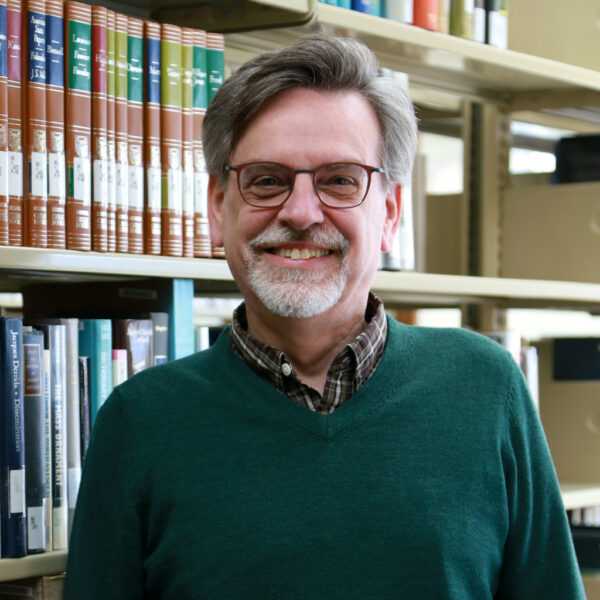
John Fields
Associate Professor of Philosophy, Chair of the Department of Humanities
JFields@edgewood.edu

Atreyee Sinha
Professor | Chair of the Department of PCMS
ASinha@edgewood.edu
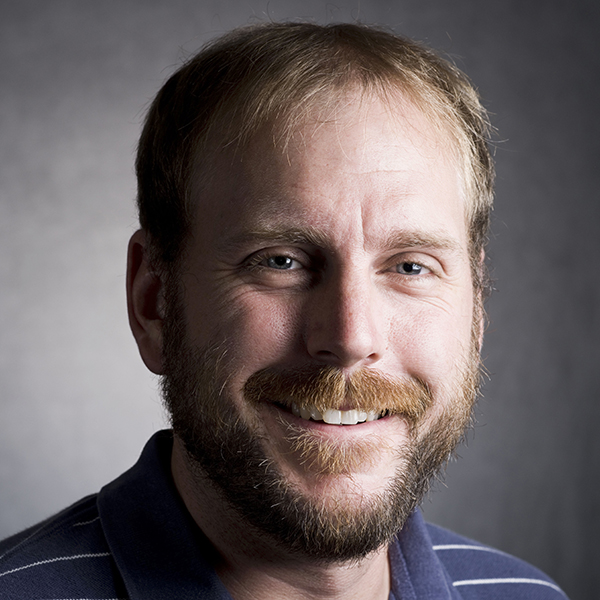
Pete Kuhn
Associate Professor of Biology, Chair of the Department of Biological Sciences
PKuhn@edgewood.edu

Shalini Singh
Assistant Professor
SSingh@edgewood.edu
Experiential Learning and Research
Students at Edgewood University have access to facilities and equipment that provide them with a solid beginning to their research journey. Paralleled with independent research and scientific inquiry, students may work with individual faculty members on empirical research within the sciences and conduct psychological research within the virtual reality lab, biomedical, or behavioral research projects located on campus. Students are encouraged to present their projects at scientific conferences, with funding opportunities offered to support travel expenses and provide stipends for research initiatives.
Psychology Research Center
Students can conduct research at the Psychology Research Center where they will participate in immersive virtual reality simulations, computer-based experiments, behavioral observation studies, and physiological data collection techniques. Various scenarios and experiences can be simulated in this environment, allowing the research student and advisor to observe reactions and interactions of the participants. Students design and conduct research with volunteer participants, engaging in all aspects of the process including design, data collection and analyses, and presentation.
Zebrafish Research Facility
The Biological Sciences Division is proud to offer a Zebrafish Research Facility where students can conduct behavioral, molecular, and toxicological neuroscience studies. Our zebrafish facility, along with adjacent laboratories, facilities hands-on learning experiences through both independent and group research projects.
Related Programs
-
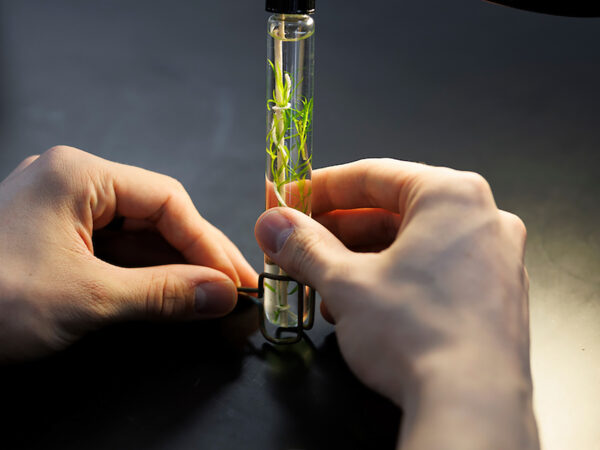
On-campus
Bachelor of Science in Biology -
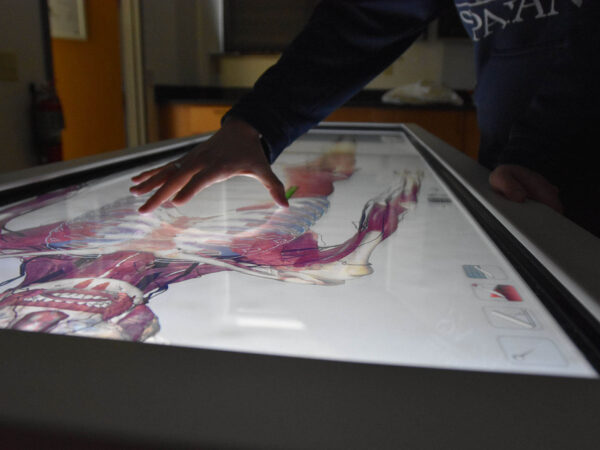
On-campus
Bachelor of Science in Health Sciences -
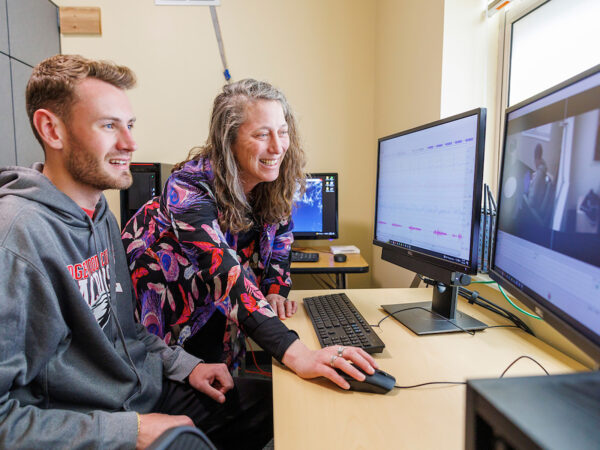
On-campus
Bachelor of Science in Psychology
-
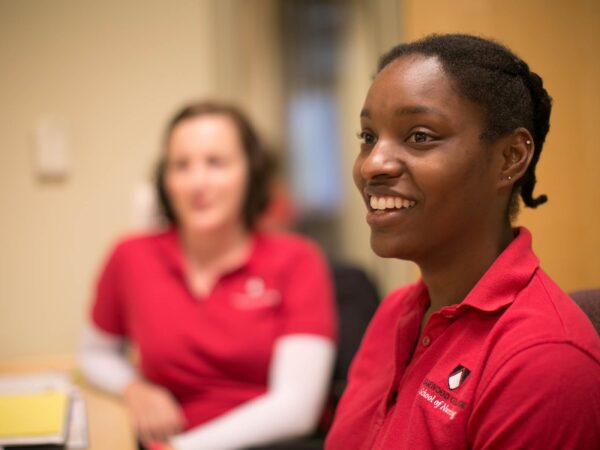
On-campus
Bachelor’s of Science in Nursing -
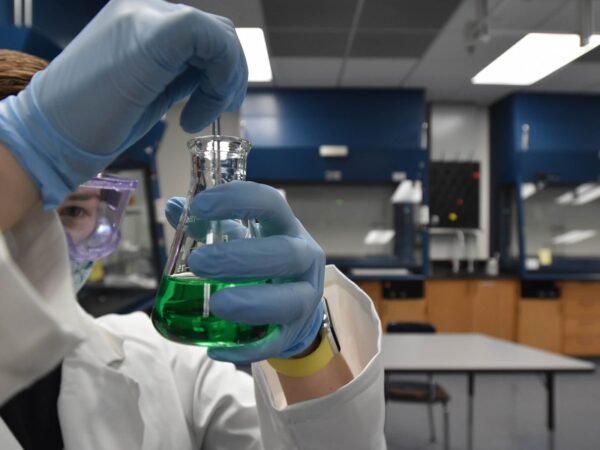
On-campus
Bachelor of Science in Chemistry -
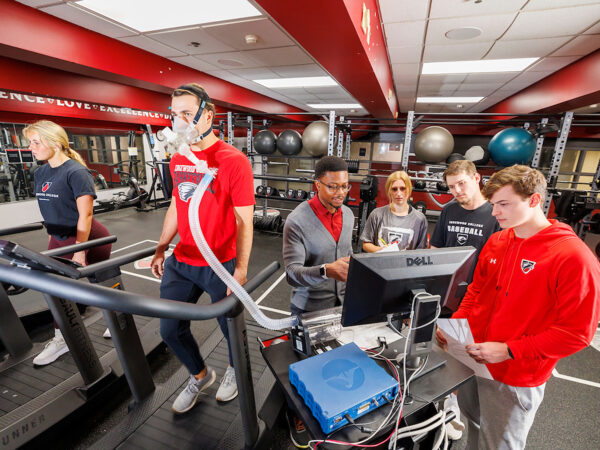
On-campus
Bachelor of Science in Exercise Science
Frequently Asked Questions
Can I use this degree for graduate medical programs such as pre-med, pre-PA, pre-dental and so on?
Yes! Our neuroscience faculty are skilled advisors that can help you prepare for entry to any graduate program. The pre-health professional pathways program at Edgewood University parallels your academic major while infusing career-focused programing. While not a bachelor’s degree program, pre-health pathways are highly sought after among students of all academic majors. Faculty Advisors help tailor a course plan based on your current major, minor, experience, and professional goals.